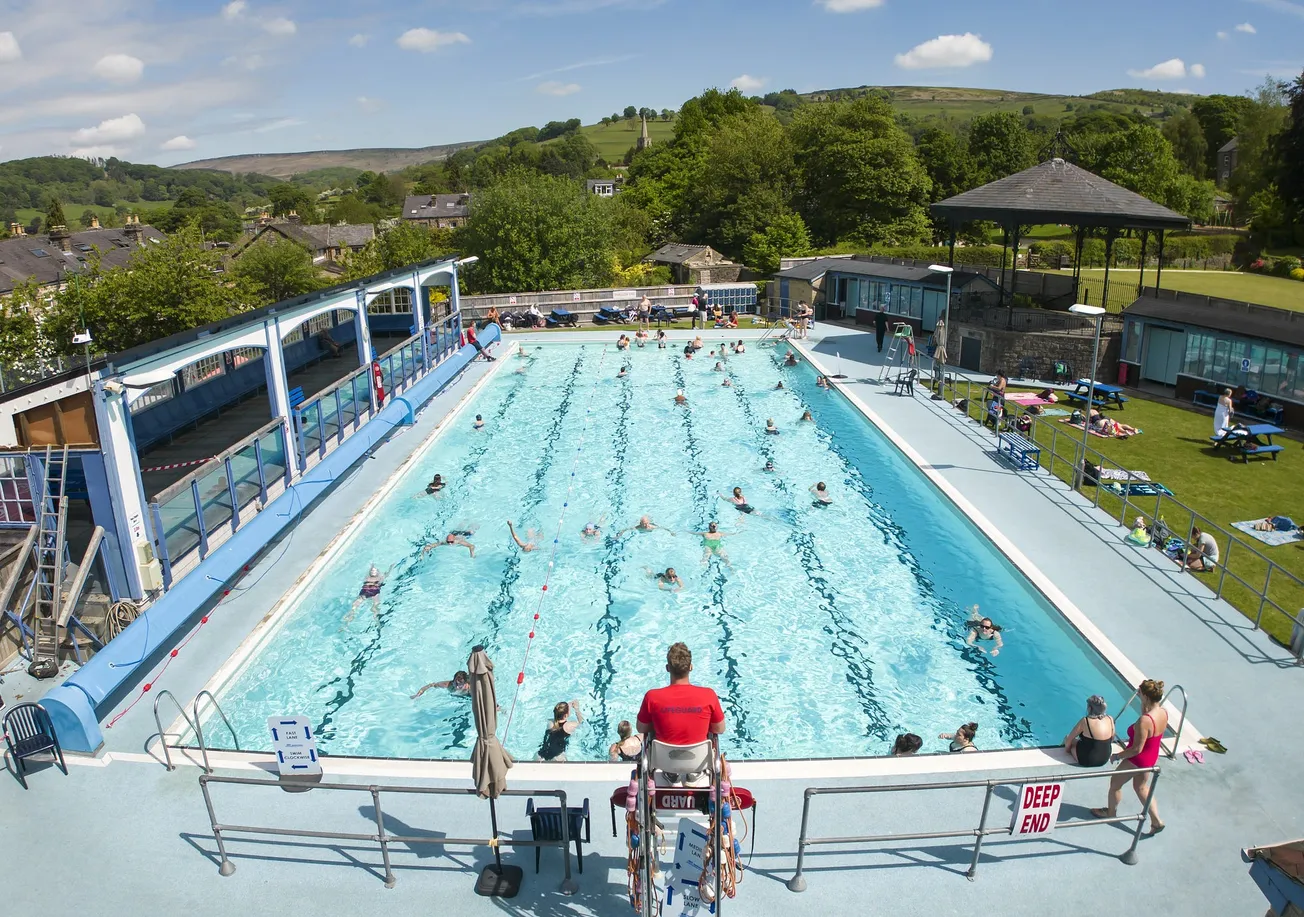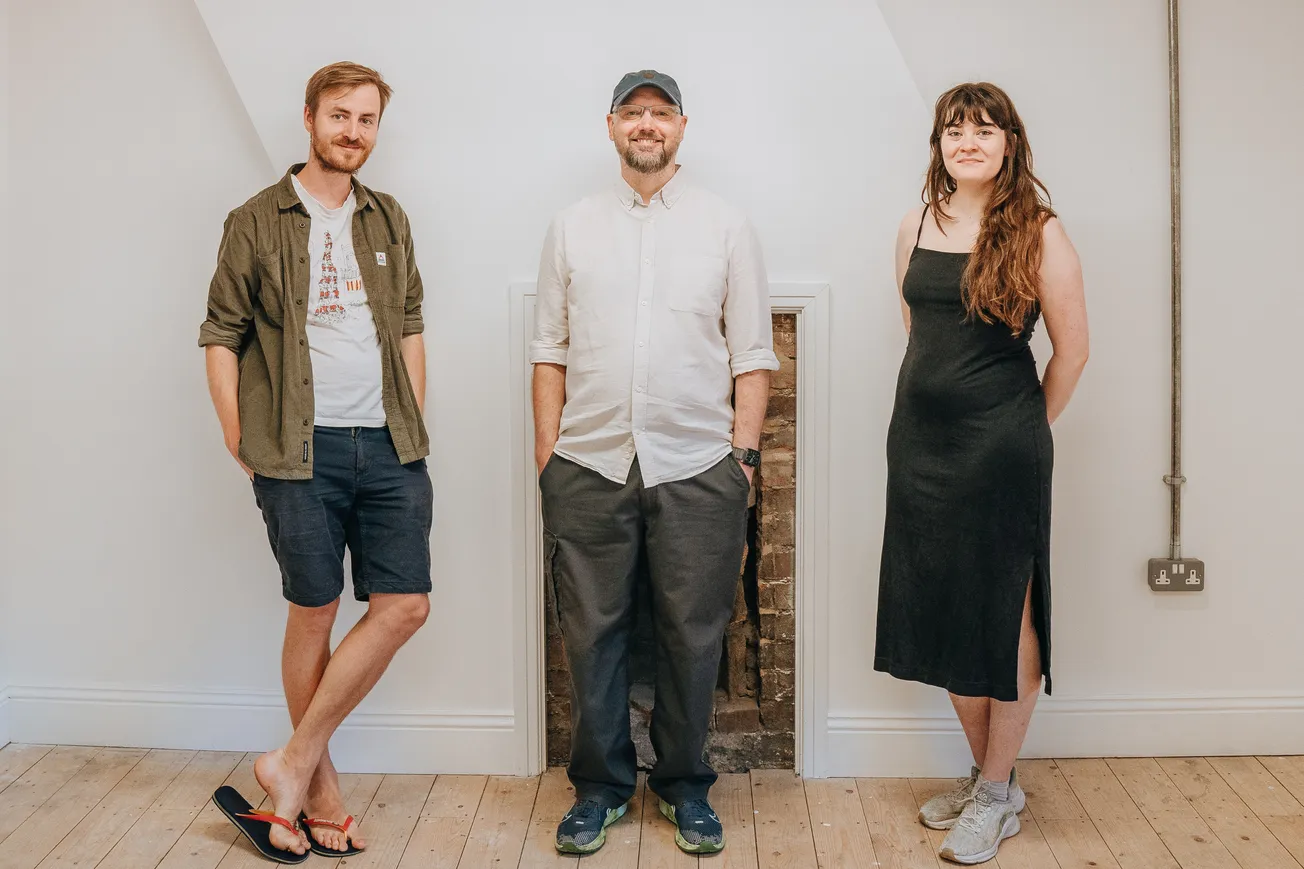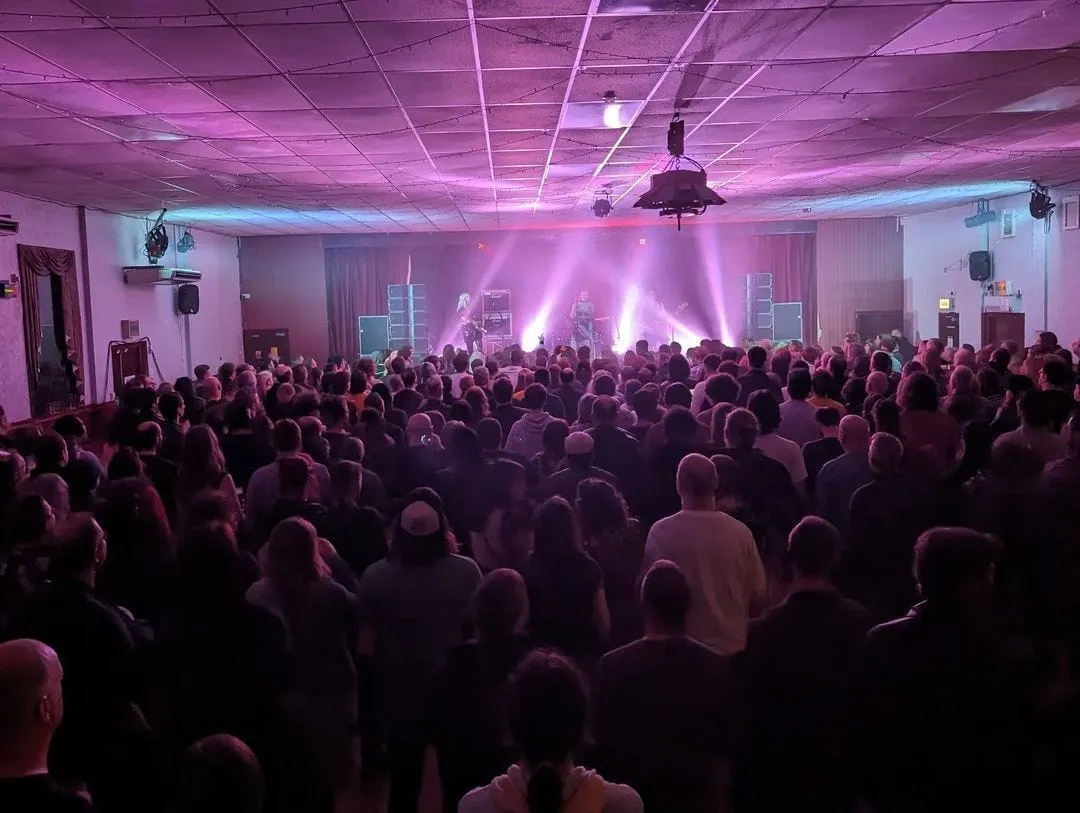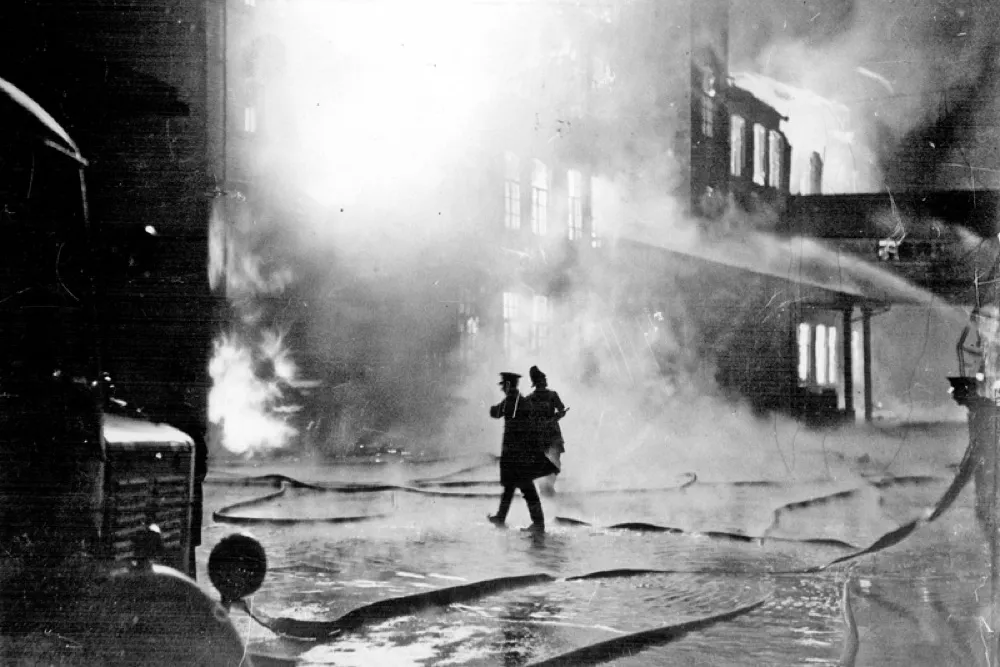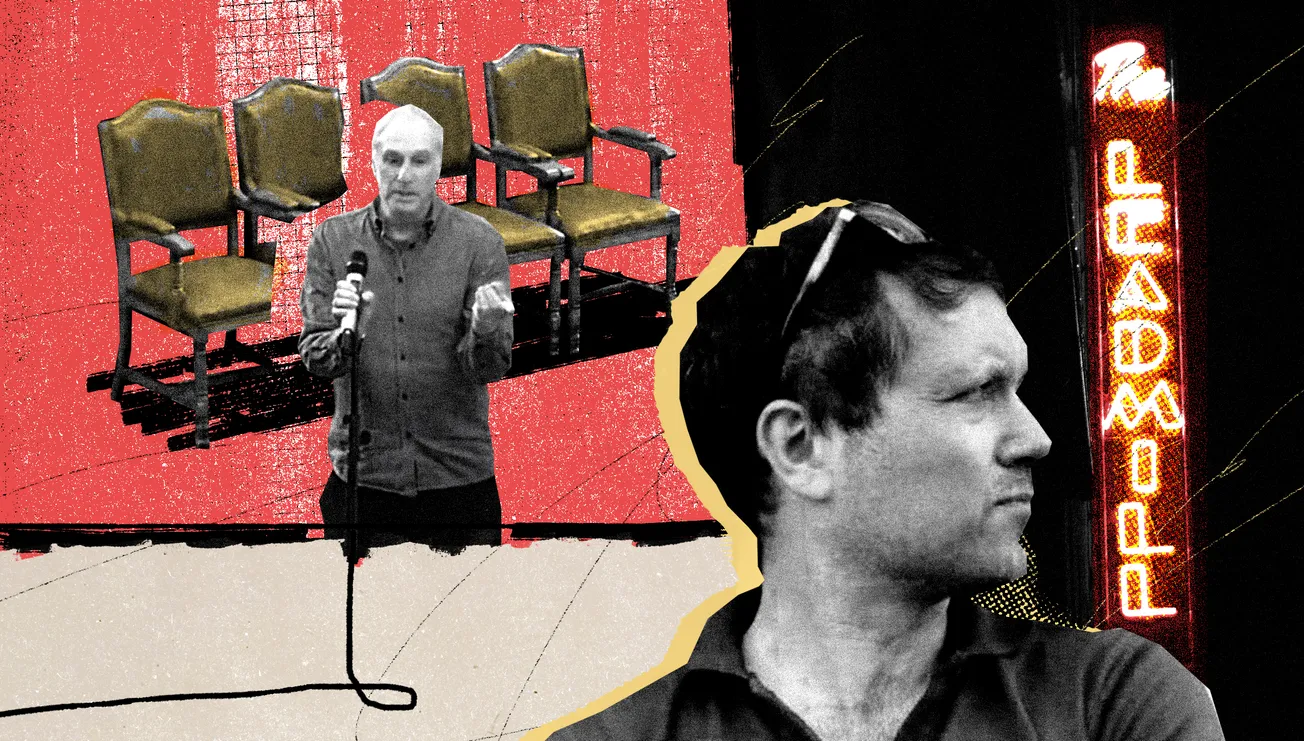Good afternoon readers — and welcome to our Monday briefing.
The pandemic began over three years ago, but we are still living with the consequences. 1,952 people died from Covid in Sheffield, while more than 200,000 people tested positive. But the virus did not affect the city equally, indeed it exacerbated inequalities which have been a feature of Sheffield for decades. A new report from director of public health Greg Fell which lays bare these fault lines was presented to councillors last week. Today we ask why they exist and what we can do about them.
As well as that we have a beautiful home in Nether Edge, some positive news about Parkwood Springs, and a new exhibition about donkeys at the Millennium Gallery.
Welcome Victoria 🤝 Last week was a very big moment in the life of The Tribune, as our second full time reporter started working with us. Victoria Munro has joined us from the Waltham Forest Echo in London where she was the editor and specialised in investigative work. You can expect to see her first piece soon.
Catch up and coming up
For our weekend read, I went in search of one of Sheffield’s newest tribes — people who have recently relocated to the Steel City from London. You can still read that piece here.

Last week we sent out two great newsletters to our 1,450 paying members. For the first I travelled to Stocksbridge to find out what people in the town think of their MP Miriam Cates’ war on woke. And in the second, I went in search of river pollution in Sheffield, tracking down one of the infamous combined sewage overflows on the River Rivelin and speaking to some of the people monitoring the health of our waterways. An extract from that first piece is below.
Unlike some, Alan does know what woke means, describing the term as “that silliness”. But he doesn’t share Cates’s analysis. What is the problem, then, as far as he is concerned? “Not enough doctors, not enough dentists, a lack of police — our services haven’t kept pace with the population increase,” he tells me. “They now say they can’t attract doctors because they are overworked. The country is in freefall. This woke stuff is just a sideline.”
Next week we’ll send out two more including one about Pitchblack Playback, a new “immersive listening experience” coming to Sheffield. To help fund a new way of doing journalism in Sheffield based on subscriptions rather than clickbait, please subscribe using the button below. It costs £1.34 a week if you pay for 12 months up front (23p a day).
Editor’s note: Adding one new member of staff to The Tribune might not seem that big a deal, but it’s a huge thing for us. Now that we have more staff, we’re hoping to be able to add lots of exciting things to our repertoire, like special events and maybe even a podcast. But to do that we need your continued support. If you’re not already, please consider becoming a member today. Thank you.
The big picture: Cooling off 🏊

The sun has been out over the last few weeks so that must mean that everyone in Sheffield suddenly wants to go to Hathersage swimming pool. Nestled in the beautiful Hope Valley, the pool was gifted to the village by Sheffield-born razor manufacturer George Lawrence in 1936. Adult swims are £7.50 per session (£4 for children), but early booking is advised as it can get very busy in the summer.
This week’s weather ⛅
Our weather forecast comes from dedicated Sheffield weather service Steel City Skies, who say high pressure continues to dominate, moving slowly east through the week and bringing plenty of dry and fine weather.
Monday ⛅ Low cloud to start, slowly burning back to bring more sunshine for the afternoon. Cool east-northeast breezes and highs of 20°C.
Tuesday 🌥 Another cloudy morning, potentially more stubborn with brighter skies expected to win out eventually. Highs of 18°C.
Wednesday 🌥 Same again, with low cloud gradually receding to east coasts with sunnier skies following. Highs of 18°C.
Thursday 🌥 More cloud again during the morning, gradually lifting to bright or sunny spells later, hazy at times. Highs of 19°C.
Friday 🌥 Possible warmer from the south, but not a lot of change with cloud breaking to hazy sunshine later. Highs of 20°C.
Outlook: Warming up during the weekend with sunshine developing. Isolated showers or thunderstorms possible, though unlikely here.
To see the full forecast and keep up to date with any changes to the outlook, follow Steel City Skies on Facebook, Twitter, or Instagram.
The big story: Covid impacted poorer people in Sheffield far more than the better off. What can we do about our city’s glaring inequalities?
Top line: The impact of the Covid pandemic was felt disproportionately by Sheffield’s most deprived communities, a new report by the city’s director of public health has found. Existing health inequalities in the city were exacerbated by the pandemic, while Covid’s unequal impact on different types of work meant poorer people were more exposed to the virus and died in greater numbers.

Two cities: As The Tribune has reported before, serious wealth inequalities have existed in Sheffield for many decades. However, as well as being poorer, people in the more deprived east of the city generally have worse health too.
- While life expectancy and healthy life expectancy in Sheffield are similar to the UK, this masks huge inequalities at a local level with people living in the most deprived areas dying earlier and spending a greater proportion of their lifetime in poor health.
- This means babies born in neighbourhoods like Firth Park can expect to live a third of their shorter lives with poor health — while babies born in places like Carter Knowle and Millhouses will live for just a seventh of their longer lives with poor health.

Socio-economic factors: When Covid arrived in Sheffield it was first noticed in the west of the city, which the report says was probably due to more testing. However, as the pandemic continued, cases became concentrated in the east of the city. The report says this was largely down to underlying structural factors such as the type and nature of work done in these areas. Jobs in more deprived parts of the city often involve meeting people face to face, while in more middle class parts of the city people could easily work from home. Low paid work and zero hours contracts make it harder to take time off work and many people in these areas also struggled to isolate at home due to crowded housing.
Political anger: The report was accepted unanimously by Labour, Liberal Democrat and Green Councillors at the council’s strategy and resources committee last week. Speaking at the committee meeting, the new leader of Sheffield City Council Tom Hunt said the report made him “angry about the injustices” that still affect so many people in this city. He continued:
Unless we do something about it, in this place, working with partners in this city and in government, we will be reading a report like this after the next pandemic. Covid held up a mirror to society, it exposed those cracks, and it’s a duty on us to do what we can to fix that.


Bottom line: Over the last three years, Sheffield’s director of public health Greg Fell’s main job has been getting the city through Covid. However, now the pandemic is over he has an equally important role in explaining why it affected some people in our city more than others. During lockdown, the media had a tendency to blame individual “Covidiots” for increasing their own infection risk, but this report proves that socio-economic factors were much more important.
Further reading (free to read):
Home of the week 🏡

This stunning four bedroom Victorian terrace in Nether Edge has been modernised to a high standard but still retains lots of period character and charm. It is on the market for £350,000.
Tribune Tips: If you want to tell us about a story or give us some information, please email editor@sheffieldtribune.co.uk. We are always happy to speak to people off the record in the first instance, and we will treat your information with confidence and sensitivity.
Help us out: We’re looking into a story about mental health in Sheffield and particularly long waiting times for treatment. If you can help us, please get in touch. You can be anonymous and the utmost sensitivity and discretion is assured.
Our media picks 🎧
Why is Sheffield forced to fight for vital infrastructure cash? 🚲 Now Then magazine reflects on South Yorkshire’s recent failure to secure government funding for active travel. The region received only £2.4 million of the £15m it bid for, a fraction of the sums given to its neighbours. While many blame local politicians’ unambitious plans, others question why local authorities are forced to participate in a “‘Hunger Games’ style fight for funding”.
Million Pounds Park 🌳 Regular Tribune contributor David Bocking is excited to see the long-awaited changes at Parkwood Springs finally taking shape. The land was once nothing more than three old rubbish dumps around a charred ski village but will soon be an urban country park the size of London’s Hyde Park. The project failed to win £11m in funding from the government (we’re sensing a theme) but, being Sheffielders, its supporters have gone out and done it anyway.
Conspiracy theorists dubbed 'Bonnie and Clyde' guilty of plotting to destroy 5G masts and encouraging attacks on MPs 🗞️ Sky’s comprehensive account of a fascinating case involving a Sheffield grandfather and domestic terrorists. Darren Reynolds and his accomplice, a grandmother from York, tried to destroy 5G masts and were stockpiling weapons to prepare for “the imminent collapse of society”. Reynolds, who ran a group for other extremists called Constitutional Common Law England on the secure messaging app Telegram, told the court he stopped watching TV and became interested in fringe theories after the 9/11 attacks.
Modernist masterpieces 🖼️

Well done to Sheffield-based artist Mandy Payne for getting two of her paintings into the Royal Academy’s Summer Exhibition. Former dentist Mandy made her name with scenes from Sheffield’s Park Hill flats, but now paints brutalist and modernist architecture from across the country. The exhibition is on in London from 13 June until 20 August. For our piece on Mandy from 2021, click here.
Things to do 📆
Launch 🚀 The launch event for Dig Where You Stand, a project to uncover the untold history of South Yorkshire’s people of colour, takes place on Friday, 9 June at the Showroom Workstation. The “archival justice movement”, started by artist-activist Désirée Reynolds, will spend two years telling the stories of largely forgotten residents through exhibitions, screenings and events. In Désirée’s words, the focus is not “kings and queens but ordinary people who end up in the archives as fragments of a will, notice in a newspaper, play bills or a baptismal record”. The event is free to attend and lasts from 5.30-7pm.
Art 🫏 This summer, Sheffield printmaker James Green has devoted an entire exhibition at Millennium Gallery to one of his favourite subjects. Donkey Nonsense features more than 50 donkey-inspired screenprints, linocuts and other works produced over a 15-year period, including a new series specifically for the exhibition. It is free to visit from 10am until 5pm Tuesday to Saturday and 11am to 4pm on Sundays and will run until 8th October.
Performance 🎪 On Thursday, 8 June, the graduating class of Circomedia, the longest-running full-time circus school in the UK, will show off everything they’ve learned. Expect an eclectic mix of juggling, acrobatics and aerial tricks from the cream of the circus crop before they scatter to professional stages across the country. The show starts at 8pm and tickets range from £6-13.

Comments
Sign in or become a Sheffield Tribune member to leave comments. To add your photo, click here to create a profile on Gravatar.


